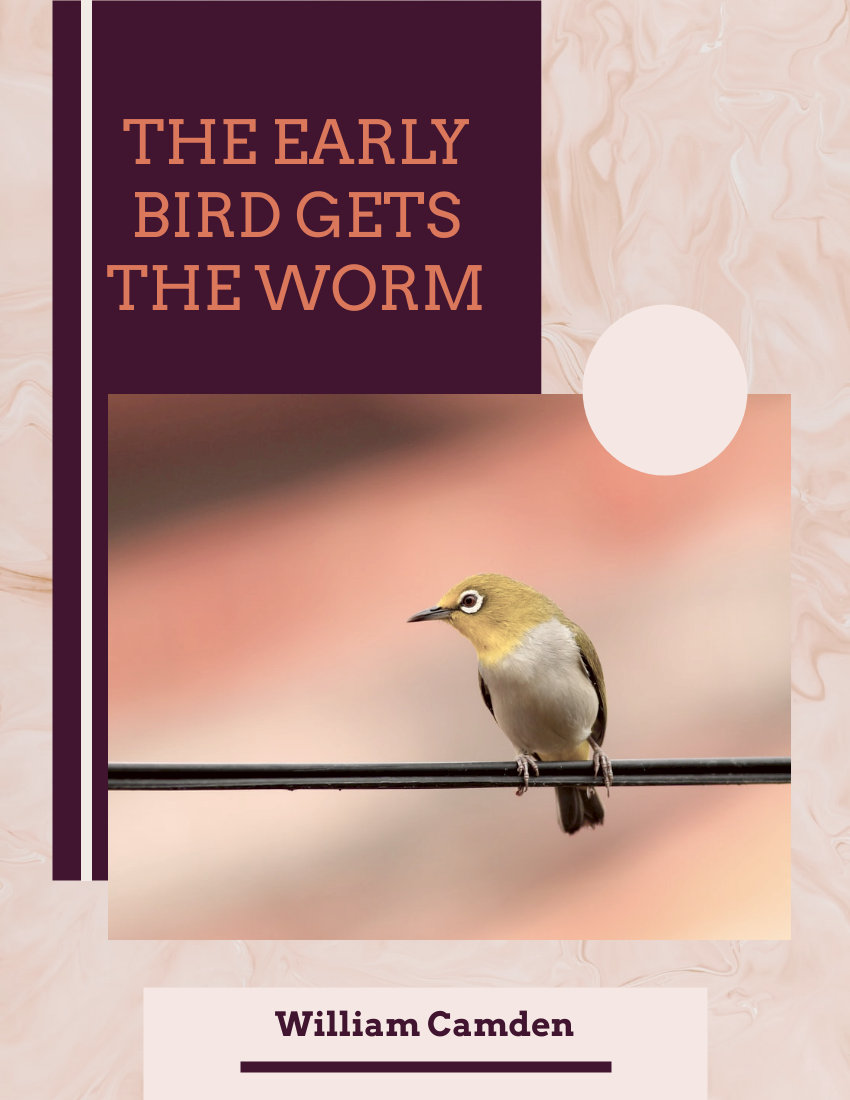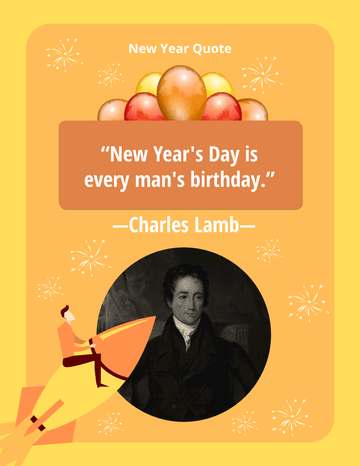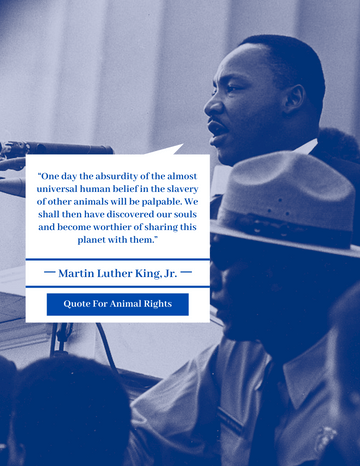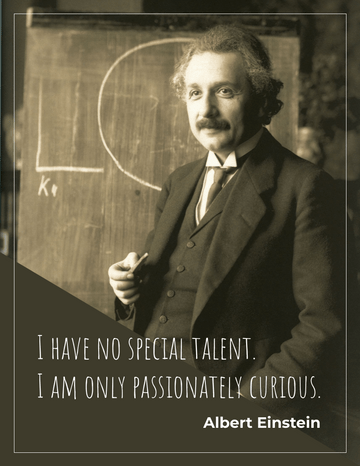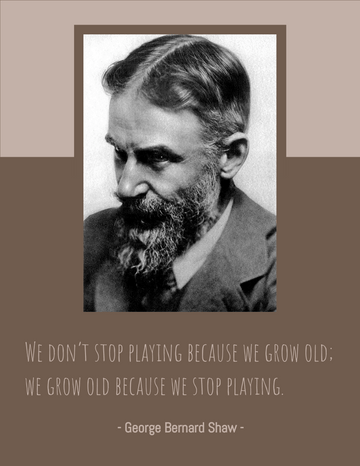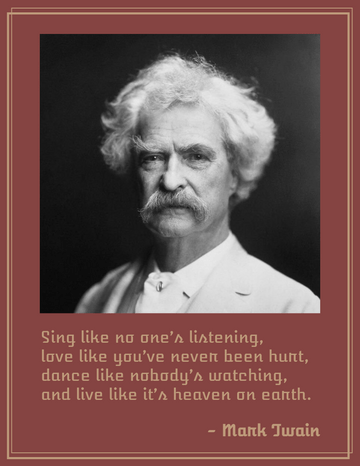The early bird gets the worm.
Being the first can improve your chances of success. The early bird catches the worm is an adage that emphasizes the importance of starting something early to maximize potential results.
This English expression first appeared in a 1605 book of proverbs by William Camden.
This quote is mean that the bird that wakes up first has the best chance of getting a good meal because no other bird wakes up looking for worms.
Likewise, people who arrive first have a better chance than those who arrive late.
This phrase is so commonly used that it is sometimes shortened to early bird. Restaurants and diners advertise early bird times or prices to attract those who get to work early.
William Camden
William Camden (2 May 1551 – 9 November 1623) was an English antiquarian, historian, topographer, and herald, best known as the author of Britannia, the first chorographical survey of the islands of Great Britain and Ireland, and the Annales, the first detailed historical account of the reign of Elizabeth I of England.
Camden was born in London. His father Sampson Camden was a member of The Worshipful Company of Painter-Stainers. He attended Christ's Hospital and St Paul's School, and in 1566 entered Oxford (Magdalen College, Broadgates Hall, and finally Christ Church). At Christ Church, he became acquainted with Philip Sidney, who encouraged Camden's antiquarian interests. He returned to London in 1571 without a degree. In 1575, he became Usher of Westminster School, a position that gave him the freedom to travel and pursue his antiquarian research during school vacations.
Click here to read the flipbook.
